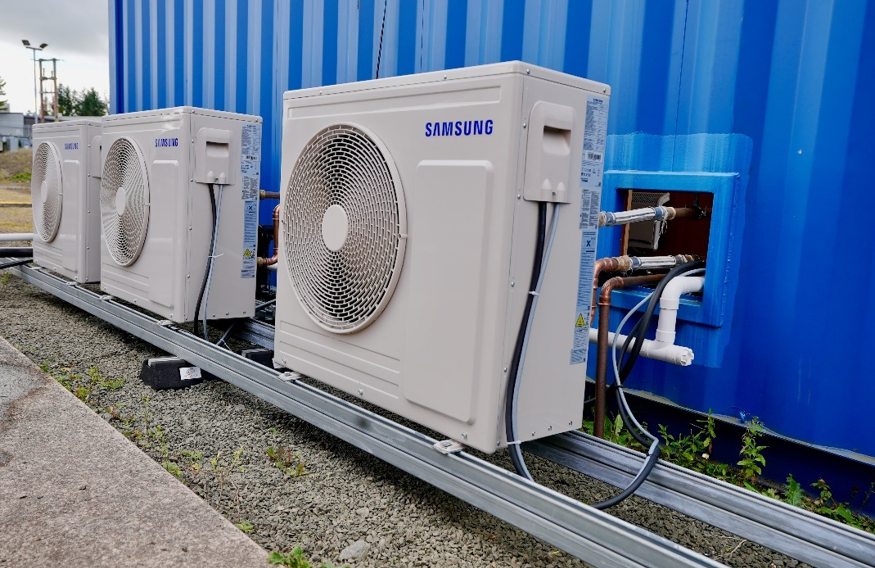M&S has run an ‘autonomous field’ trial, resulting in the sale of lower carbon parsnips later this year as part of its journey to be net-zero across its entire operations by 2040.
In partnership with long-term supplier, Huntapac, the first fully autonomously farmed parsnips will be available in selected M&S stores this November. To create these lower carbon parsnips, the latest technology has been employed, which includes two robots for bed forming, planting and weeding, two different types of drone to monitor and maintain crop health, and the latest scientific testing on soil health and carbon impact.
As agriculture moved from horse and plough to mechanical tractors, now these latest technologies offer a future of farming that will aid farmers, create more highly skilled jobs in the industry and lower emissions.
The process adopts a ‘minimum till approach’ to keep carbon locked into the soil, a green fertiliser and the new technology uses significantly less diesel than a traditional tractor to reduce carbon emissions. The green fertiliser is not only produced with a lower carbon footprint than traditional methods but works by removing nitrogen dioxide from the air and converting it to nitrogen which is used by the plants for photosynthesis. Initial data shows a 46 per cent carbon reduction compared to standard methods.
Agriculture in the UK is estimated to account for around 12 per cent of total carbon emissions.
Additionally technology was used to monitor and improve crop health and reduce weather impact. For example, in March this year, following the wettest six months in England since 18711, the team were able to get in and plant the field with the autonomous robot which wouldn’t have been possible with a traditional tractor. This has also contributed to an increase in quality and number of parsnips and reduced waste, with a 16 per cent higher yield of grade one vegetables compared to Huntapac’s other parsnip fields.
© 2019 Perspective Publishing Privacy & Cookies







Recent Stories